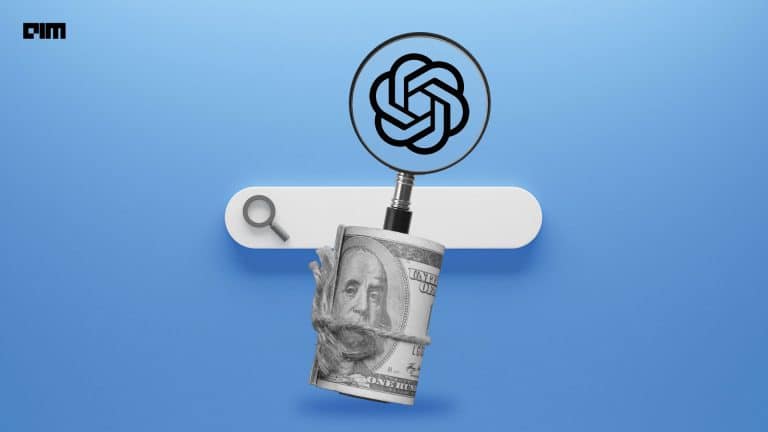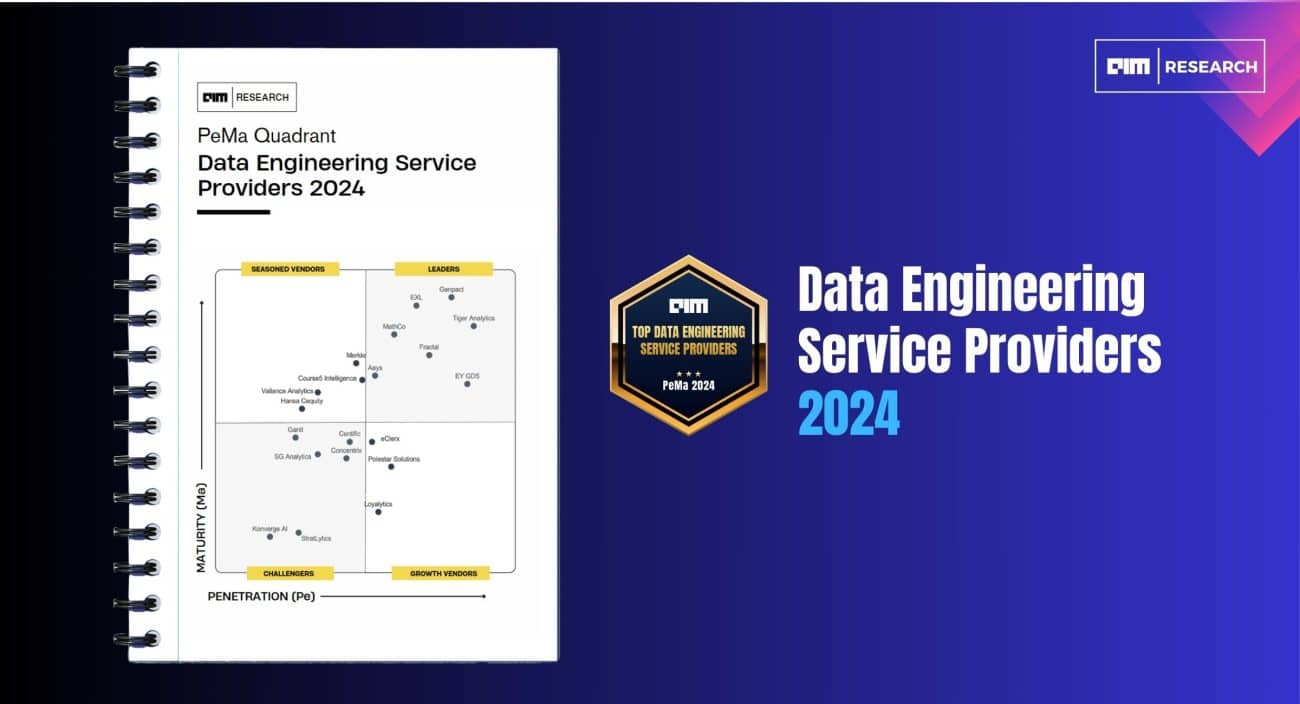|
Listen to this story
|
Google has released the latest version of its popular open-source software library, TensorFlow 2.14. The launch comes two months after the introduction of TensorFlow 2.13. For 2023, we already have the third update with the earlier one being released in July.
Check out the GitHub repository to learn more about the update.
Some of the major improvements include a new optional installation method in the TF pip package for Linux that installs necessary Nvidia CUDA libraries. As long as the Nvidia driver is installed on a system, users can now run pip install tensorflow[and-cuda] to install CUDA library dependencies in the Python environment. Aside from the Nvidia driver, no other pre-existing Nvidia CUDA packages are necessary.
Additionally, the team has introduced an API called “strict_mode.” This API serves the purpose of transforming all deprecation warnings into actual runtime errors, complete with clear guidance on transitioning to the suggested replacements. Furthermore, a fresh API, “dtensor.relayout_like,” has been incorporated, to reorganize a tensor according to the layout of another specified tensor.Changes have been made to the functions “tf.ones,” “tf.zeros,” “tf.fill,” “tf.ones_like,” and “tf.zeros_like,” as they now accept an extra “Layout” parameter, for users to control the output layout of the results produced by these functions.
The release also includes support for C++ Run-Time Type Information (RTTI) on mobile and Android platforms. To activate this feature, users should use the following flag when building TensorFlow with Bazel: “–define=tf_force_rtti=true.” This step may become necessary when incorporating TensorFlow into programs that utilize RTTI, as the combination of RTTI and non-RTTI code can potentially lead to compatibility problems at the Application Binary Interface (ABI) level.
TF Lite, Keras and Next Release
For TF lite, users can now add experimental support conversion of models that may be larger than 2GB before buffer deduplication.
The update for Keras, is that model.compile now supports steps_per_execution=’auto’ as a parameter, allowing automatic tuning of steps per execution during Model fit, Model.predict, and Model.evaluate for a significant performance boost.
The updated version will not be henceforth supporting Python 3.8 but TF 2.13.1 patch release will still have the support. After the update, the class hierarchy for tf.Tensor has changed, and there are now explicit EagerTensor and SymbolicTensor classes for eager and tf.function respectively.
Users who relied on the exact type of Tensor will need to update the code to use isinstance(t, tf.Tensor). The tf.is_symbolic_tensor helper added in 2.13 may be used when it is necessary to determine if a value is specifically a symbolic tensor.TensorFlow Debugger CLI: ncurses-based CLI for tfdbg v1 has also been removed.
In the next release, tf.compat.v1.Session.partial_run, tf.compat.v1.Session.partial_run_setup and tf.estimator API will be removed. Users make a note, TF Estimator Python package will no longer be released.
































